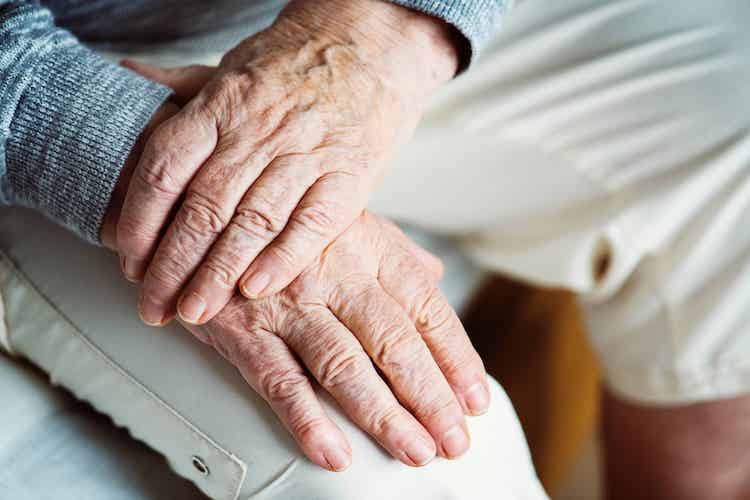Watch Out for These Signs That Your Elderly Parent Needs Help

When your elderly parent needs help, they may be hesitant to ask. It’s common for senior adults to refuse help or try to continue doing difficult tasks themselves. As a result, it’s important to be on the lookout for signs they may need help—even if they don’t tell you.
While sometimes navigating the best care for your parent can be hard, you have options for support. If you notice any of the following signs, it may be time to look into additional care. With the right support from trained professionals, you can better protect your parent’s safety and health.
Mental health signs
As your parent ages, they may have changes in mental health or memory. Use these questions to help catch early changes in mental ability or well-being that could mean your elderly parent needs help:
- Problems with memory – Do they lose common items like keys often? Do they forget to return calls or miss appointments?
- Mood changes – Have you noticed more aggression or extreme changes in mood? Have others told you your parent’s personality seems different?
- Signs of depression – Does your parent seem to lack the drive they once had? Do they rarely smile or laugh?
- Less social activity – Do they make excuses to avoid social outings? Have they stopped doing hobbies they once enjoyed?
Physical health signs
In addition to mental health, you may notice physical signs too. Here are some of the common initial signs your loved one needs more support:
- Issues with mobility – Does your parent have a hard time transferring in or out of bed? Do they struggle to go from seated to standing?
- Eating habits – Has your loved one suddenly lost weight? Does your elderly parent no longer cook or shop for food? Do they have little or no healthy foods in the home?
- More minor injuries – Have you noticed more bruises, burns, or cuts?
Daily living signs
When your elderly parent needs help, there may be signs in their home or changes in the way they appear. Ask these questions about their ability to do daily tasks at home and personal care tasks:
- Repairs needed at home – Have they stopped taking care of items like lawn care, changing light bulbs, or minor fixes around the home?
- Cleanliness – Do you notice more clutter, trash, or stacks of unopened mail? Have there been changes in the level of cleanliness or organization in the home?
- Forgetting daily tasks – Does your parent seem unsure how to do familiar tasks? For example, do they forget to get dressed or take medications?
- Personal care – Has your parent’s personal hygiene changed? Do you notice unclean clothes or unkempt hair?
Help your elderly parent with the care they deserve
When the answer to these questions is yes, it’s time to find additional support. The AARP says to talk with your loved one’s primary doctor. Often, they may have suggestions to help your parent realize they need more support to care for their well-being. You may also get other trusted loved ones involved. Once you understand your parent’s needs, then you can find the right care for them.
At Monticello West, we provide many options to care for your elderly parent. We help them keep their independence while getting the help they need. We love helping seniors feel supported so they can enjoy life. Contact us today to navigate your options for an elderly parent that needs more care.




